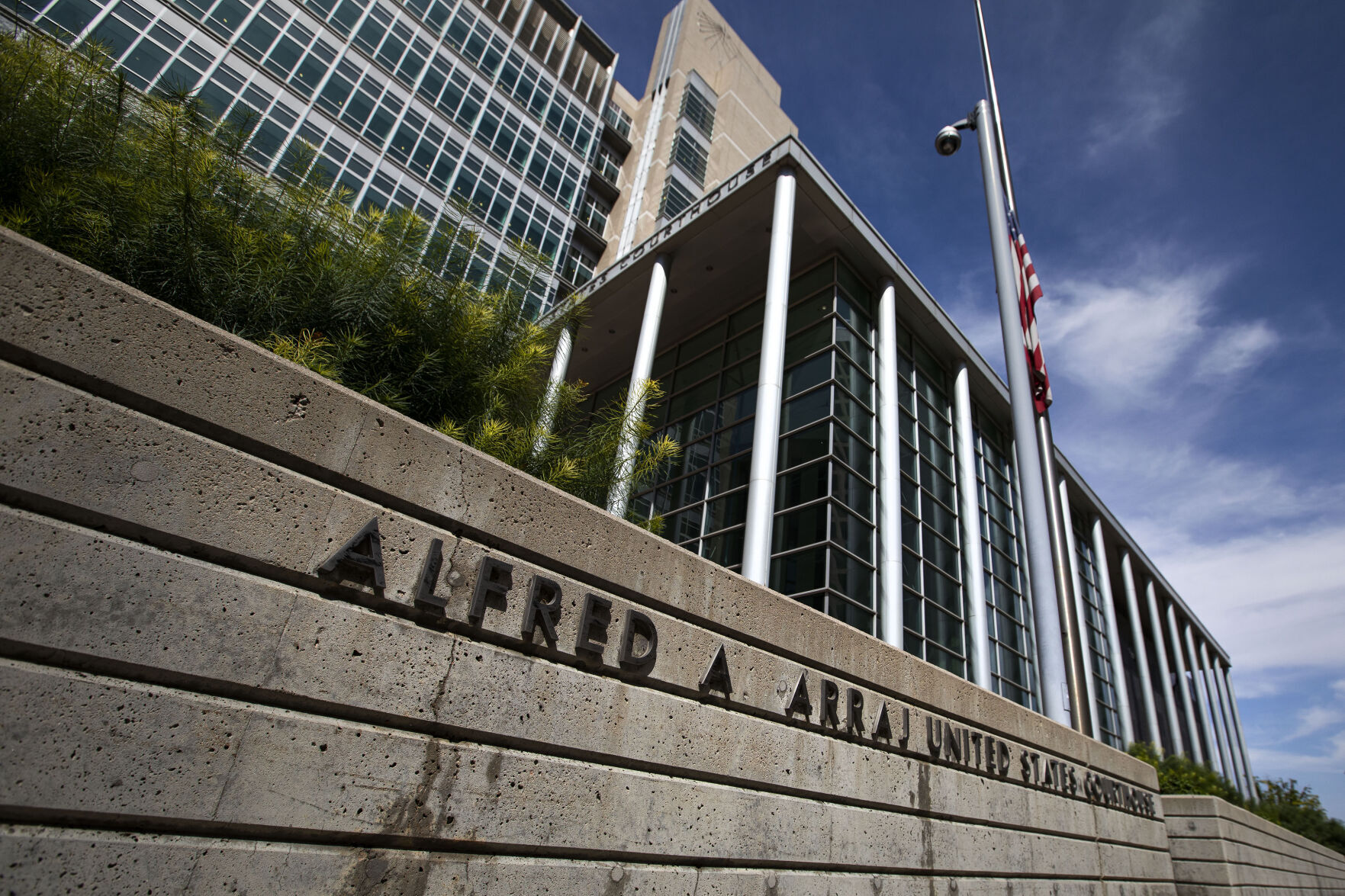Judge hears from psychologists, pre-K director in Catholic schools’ challenge to Colorado program

The director of Colorado’s universal prekindergarten program and a pair of experts in child psychology testified on Wednesday about the importance of LGBTQ inclusion as a trial continued in federal court over a constitutional challenge to the pre-K program’s non-discrimination requirements.
Two Catholic institutions, St. Mary Catholic Parish in Littleton and St. Bernadette Catholic Parish in Lakewood, have filed suit against the state, alleging their preschools cannot participate in the publicly funded program because the church’s religious views on sexual orientation and gender identify run afoul of the requirements. Two parishioners of St. Mary with a preschool-age child are also parties to the litigation.
Dawn Odean, the pre-K program’s director, testified that providers cannot attempt to sidestep the non-discrimination mandate in state law, which she viewed as a “health and safety” requirement. Even though a waiver is not possible for that provision, Odean acknowledged there are built-in “preferences” – for children of employees at a work-based preschool program, for example – that can affect pre-K enrollments.
In contrast to the exclusion of LGBTQ families from a faith-based preschool, “the preferences enforced by the program don’t change the law,” Odean testified.
Approximately 40,000 children are enrolled in the state’s pre-K program in its first year. The expanded access came after Colorado voters approved funding in 2020 for a “mixed-delivery” system of private and public providers, a step toward one of Gov. Jared Polis’ key campaign promises. Included in the program are 40 faith-based preschool operators that enroll more than 900 children.
The plaintiff preschools, however, have abstained from signing up out of concern that their faith-based views on personal pronouns, bathroom usage and same-sex marriage – all related to LGBTQ status – disqualify them from the state-funded program as long as the non-discrimination requirements are in effect.
On cross-examination, Odean was asked about how far preschool providers may go in excluding certain groups of children under the preference system. Would Colorado permit a preschool operator to only cater to foster children or children with an interest in music? Alternatively, pressed plaintiffs’ attorney Joseph C. Davis, could a school only enroll gender non-conforming children? Or prioritize children of color?
“We would definitely look into it and follow through as long as there wasn’t discrimination that was in violation of the discrimination provision,” Odean responded. She later clarified the state had not received any requests from providers to turn away White children or kids whose gender identity corresponds to their biological sex from any preschool.
Davis also had Odean react to Polis’ comments last year after the Catholic preschools filed suit, in which the governor said providers should “serve everybody if you want to take public funds.”
“Do you agree with that?” Davis asked.
Odean acknowledged that participating providers should serve families “in alignment with the law.”

Although U.S. District Court Senior Judge John L. Kane, who will ultimately decide whether to grant relief to the plaintiffs, was largely silent during the testimony, he did cut in when Davis asked Odean about the state’s obligation to follow the First Amendment.
“That’s what we’re here to decide,” Kane said. “It’s not a question for a witness to answer.”
Abbie E. Goldberg, a psychology professor at Clark University in Massachusetts, also testified about her research on LGBTQ families and parenting. She specifically addressed the effects of discrimination and exclusion on the wellbeing of children.
“Do you think asking a preschool student to dress according to their biological sex is sending a message to that student?” attorney Nicholas R. Reaves asked.
“They are sending a message about what is valued. They are sending a message about who is accepted and who is not accepted. They are sending a message about gender and sex,” Goldberg responded. “I think it has consequences, yeah.”
In her view, Goldberg added, there is an “inconsistency” with a publicly funded universal program that includes providers “engaging in practices that ultimately result in some people being denied acceptance.”
Finally, psychologist Amy Tishelman of Boston College testified about the detrimental effects to a child’s development that can occur when they are subject to unequal treatment or rejection based on an unchangeable trait.
The case is St. Mary Catholic Parish et al. v. Roy et al.












